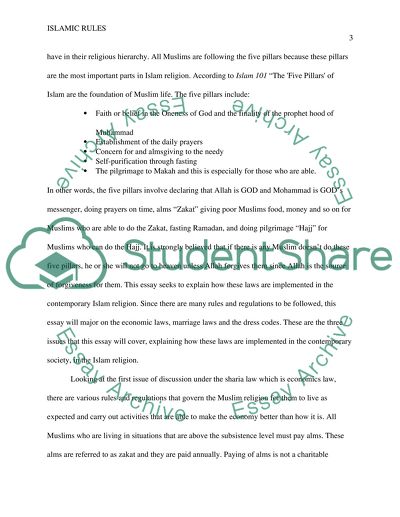Cite this document
(“Islamic Rules Essay Example | Topics and Well Written Essays - 2000 words”, n.d.)
Retrieved from https://studentshare.org/religion-and-theology/1479184-islamic-rules
Retrieved from https://studentshare.org/religion-and-theology/1479184-islamic-rules
(Islamic Rules Essay Example | Topics and Well Written Essays - 2000 Words)
https://studentshare.org/religion-and-theology/1479184-islamic-rules.
https://studentshare.org/religion-and-theology/1479184-islamic-rules.
“Islamic Rules Essay Example | Topics and Well Written Essays - 2000 Words”, n.d. https://studentshare.org/religion-and-theology/1479184-islamic-rules.


